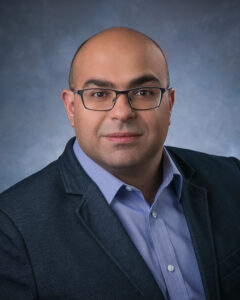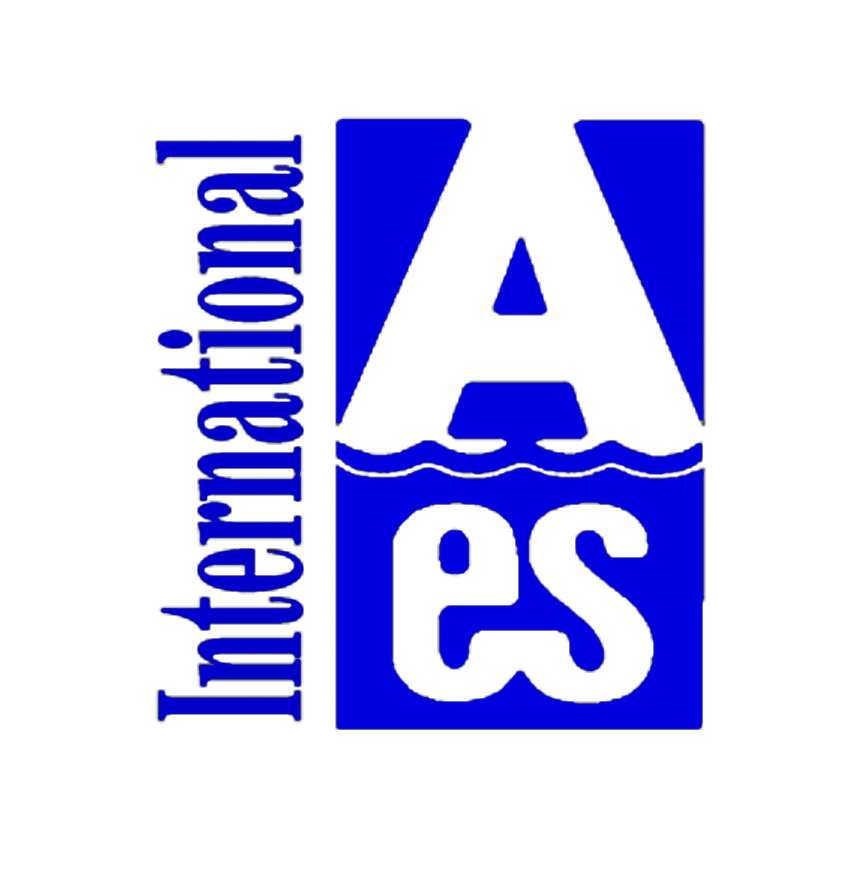Dr. Pascal L. Ghazalian

Dr. Pascal L. Ghazalian
Dr. Pascal L. Ghazalian is the current chair of the Department of Economics at the University of Lethbridge in Lethbridge, Alberta, Canada. He is also an Affiliated Researcher at the Prentice Institute for Global Population and Economy. Dr. Ghazalian received his Ph.D. from the University of Saskatchewan, Canada in 2006. Dr. Ghazalian served as a post-doctoral research fellow at Université Laval in Quebec City, Canada (2005–2008), before joining the University of Lethbridge as an Associate Professor in July 2008. Dr. Ghazalian has been a visiting scholar at a number of universities, including the University of British Columbia, University of Manitoba, Université Laval, and Nyenrode Business Universiteit in the Netherlands. Dr. Ghazalian is actively involved in teaching a broad range of courses and in supervising graduate students. Dr. Ghazalian has participated in several national and international conferences and workshops, and given many seminars at international universities and institutions. His research covers various topic, primarily international economics, development economics, agricultural/resource economics, and labour economics.
Why did you become a member of the International Atlantic Economic Society?
I decided to become a member of the International Atlantic Economic Society (IAES) for many reasons. The IAES offers a wide range of publication and communication opportunities to scholars and experts in economics and related disciplines through its prominent peer-reviewed journals and through its regular conferences and workshops. Also, I was attracted to the IAES by its vibrant, diverse, and international society.
What types of projects/research are you currently working on and what inspired/motivated you to pursue these interests?
I am currently interested in studying economic development, trade liberalization/trade agreements, and foreign direct investment. Also, I am currently working on studies related to the female labour force and gender inequality. These topics are particularly relevant in a rapidly changing world that is experiencing various events and challenges (e.g., the COVID-19 pandemic, economic and political instability, international conflicts/wars).
What advice would you give to someone who is considering entering your line of work/field of study?
For anyone who considers entering an equivalent field of economic research, I have some advice. First, look for an interesting research question that is academically pertinent and that could have some important policy implications. Second, thoroughly review the theoretical and empirical literature, and highlight the contribution of your research. Third, implement a rigorous theoretical and empirical analysis, and build original and suitable theoretical and empirical models. Fourth, based on the results, provide concluding remarks and policy recommendations that reply to the main research question and that pave the way for future research.
Going forward, what other projects/research are you planning to or hoping to pursue?
Going forward, I am interested in pursuing projects/research on gender inequality, and on female labour markets, particular in some developing countries where female labour force participation rates are relatively low. Also, I am planning to study international trade patterns, international trade in agricultural and food products, economic implications of the COVID-19 pandemic, and inflows of foreign direct investment to developing countries and their effects on economic growth rates.
What’s your favorite hobby?
My favourite hobbies are hiking, travelling, reading, and listening to music. Also, I enjoy spending time with my family and friends.

